The San Juan Bay Estuary Program (Estuario) is seeking a Public Involvement Advisor to design the Public Involvement component of Estuario’s 5-Year Monitoring and Correction Program, a long-term water quality monitoring program which pinpoints major contaminant areas at a subbasin scale. This project has three components: Illicit Discharges Detection and Elimination (IDDE), the Public Health Initiative, and the Water Community Network, which aims to achieve sustainability through the training and empowerment of local-based (i.e., subbasin level) community groups. The Water Community Network convenes residents of the 12 sub-basins to identify and monitor illicit discharges during this phase. Involving the communities in the identification of illicit discharges and monitoring the health of their waterways is a crucial component for Estuario to eliminate raw sewage discharges.
The Public Involvement Advisor services may be provided by an academic institution or by a professional highly experienced in developing and implementing public participatory processes aimed at communities within the watershed. Their primary role is to develop and carry out the public engagement strategy to work with the Water Community Network that will train at least one community per subbasin to perform water quality diagnostic analysis, and submit data. In addition, they will develop a visual discharge detection and reporting protocol for residents to record field data, using the framework and recommendations provided by the Instituto Transdisciplinario de Investigación-Acción Social as a guide.
The strategy will ensure that members of the Water Community Network will also be informed and educated regarding sampling at diagnostic stations and the process of identifying discharges and referral to PRASA and relevant municipalities for correction as needed. The Public Involvement Advisor will work with the Estuario Public Education and Involvement team and support the strengthening of the water community network by facilitating education activities regarding illicit discharges and how they affect communities.
RESPONSIBILITIES
- Develop and implement a public engagement strategy to engage the Water Community Network, along with a discharge detection and reporting protocol for residents to record field data. The strategy will accomplish the following:
- Develop a plan to engage at least 12 monitoring communities, each representing one of the areas formerly categorized as critical by the Monitoring and Correction program due to identified sewage discharges.
- Identify one (1) community center/site by subbasin to carry out initial meetings to engage communities and develop general knowledge and emphasize importance of this initiative, develop an agenda with community leaders and convene residents to participate and carry out future Water Community Network meetings and tasks.
- Develop a program for the progressive training, capacity building and sustained participation in field data recording, implementation of a visual and discharge detection and reporting protocol, water quality diagnostic analysis, data submitting, engagement in corrective measure projects for water quality restoration and community site transformation by means of natural infrastructure.
- Develop a protocol to incorporate residents and users into the planning and decision-making processes related to the Water Quality Monitoring and Corrective Program.
- Inform and educate the Water Community Network regarding sampling at diagnostic stations and the process of identifying discharges, and referring to PRASA and relevant municipalities when necessary.
REQUIRED QUALIFICATIONS:
- Research-Action oriented academic institution or a professional with a Masters’ Degree required/Doctoral Degree preferred in Education, Environmental Sciences, Social Sciences or Ecology from an accredited university
- Experience in developing and carrying out successful projects that involve community-based participatory (teaching and learning) processes.
- Experience working with Estuario’s monitoring and volunteers’ projects.
- Exceptional written and verbal communication skills; in both languages, English and Spanish
- Excellent computer skills and proficient in excel, word, power point, and social networks, and other virtual platforms/software to support engagement, participatory process activities.
- Strong understanding of environmental issues and of Puerto Rico’s biodiversity and estuarine ecosystems.
- Must be a motivated self-starter and team player
- Must have project management skills including multi-tasking abilities
- Strong interpersonal and problem-solving skills
- Flexibility to meet changing project priorities and demands
- Own transportation and computer
- Certified MBE/WBE (minority and women-owned business enterprise) and other certified minorities and small businesses are encouraged to apply
HOW TO APPLY:
Interested candidates should submit a cover letter and resume/CV by email no later than November 30, 2021 to: [email protected]. The email must be directed to [email protected], and must specify in the subject the title of the position, «Public Involvement Advisor”
Source of funding: State Revolving Fund Grant C-72-250-03
The San Juan Bay Estuary Program (Estuario) is part of the National Estuary Program (NEP), created under Section 320 of the Clean Water Act (CWA), and managed nationally by the United States Environmental Protection Agency (USEPA). Its mission is to improve the water quality of the San Juan Bay Estuary. Per Section 320 of the CWA, each of the 28 entities affiliated to the NEP must submit to EPA Administrator a Comprehensive Conservation and Management Plan (CCMP) to guide the restoration efforts of the most important coastal ecosystems for the economy of the Nation. The main responsibility of each organization under the NEP is to coordinate and measure the implementation of the plan in partnership with the community, state, local, and federal governments and the Academia.
The Corporation for the Conservation of the SJBE provides equal employment opportunities (EEO) to all employees and applicants for employment without regard to race, color, religion, sex, sexual orientation, gender identity, national origin, age, disability or genetics.


